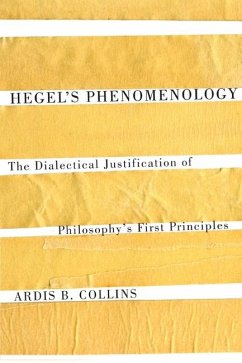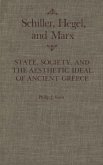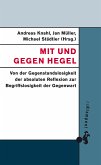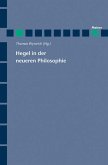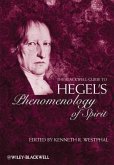Hegel's philosophy depends on the answer to a fundamental question: why assume that the abstract structures and necessities of pure thought reveal anything at all about the varied and mutable realm of real life experience? In her study of Hegel's Phenomenology, Ardis Collins examines the way Hegel interprets the Phenomenology of Spirit as an answer to this question and in the process invents a proof procedure that does not depend on unquestioned philosophical principles, cherished social norms, or established prejudices for or against certain ways of thinking or acting. Employing close readings and innovative analysis, this groundbreaking study challenges current interpretations of the Phenomenology. Collins demonstrates that the way Hegel interprets the role of the Phenomenology remains consistent throughout his career, that he claims for the demonstration developed in it the strict necessity of a proof, and that the beginning of philosophy cannot be justified without this proof. In the process, she sheds light on the way Hegel examines the structures and truth expectations of experience to show that the human spirit is involved in a shared project of culture and history that challenges us to become engaged in conscientious causes. Skilfully argued and persuasive, this study of Hegel's Phenomenology explores the concreteness of human experience and shows how Hegel finds in it evidence that the whole domain of human experience belongs to the logical spirit investigated by philosophy.
Dieser Download kann aus rechtlichen Gründen nur mit Rechnungsadresse in A, B, BG, CY, CZ, D, DK, EW, E, FIN, F, GR, HR, H, IRL, I, LT, L, LR, M, NL, PL, P, R, S, SLO, SK ausgeliefert werden.

